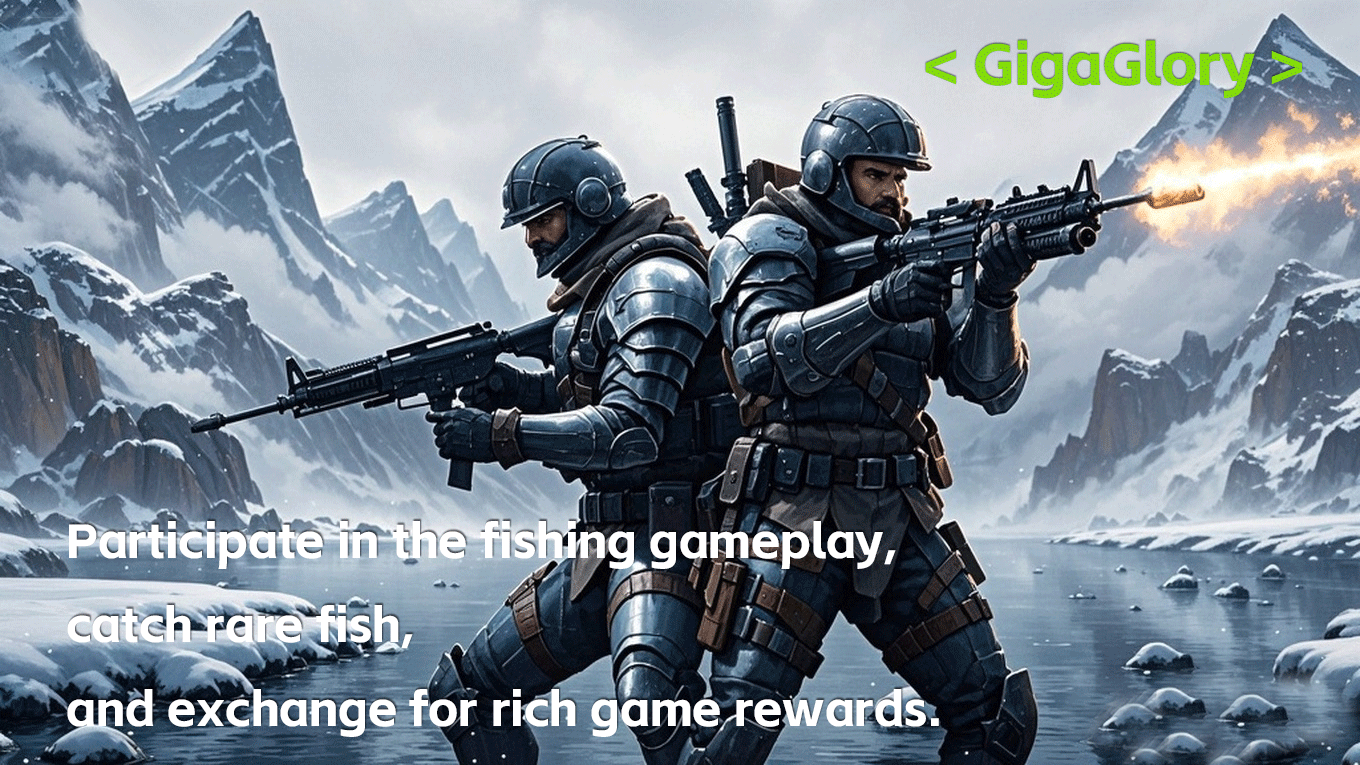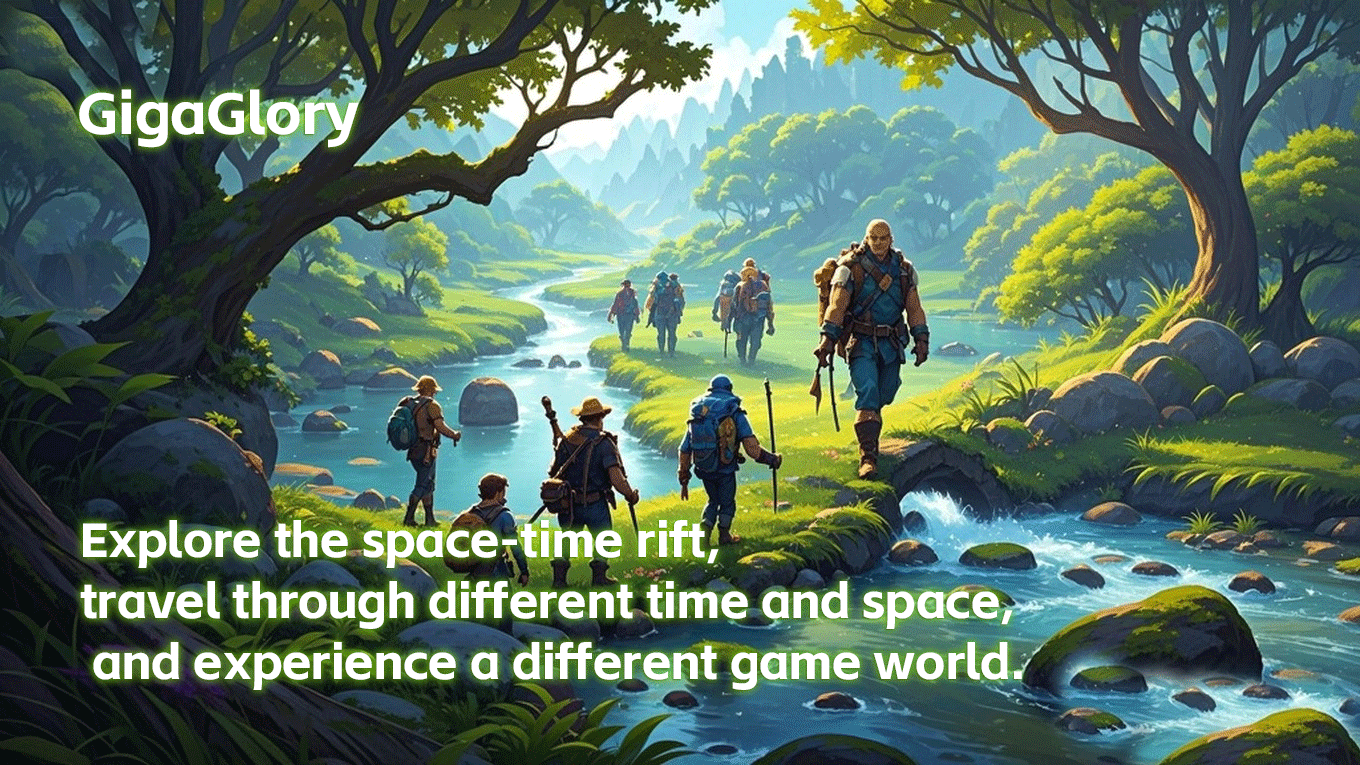Unlocking Creativity: How Puzzle and Building Games Inspire Innovative Thinking
In the rapidly evolving landscape of gaming, two genres stand out for their unique ability to foster creativity and innovative thinking: puzzle games and building games. These games not only offer entertainment but also stimulate the mind and encourage players to think outside the box. As players navigate intricate challenges in these games, they unlock levels of creativity that can translate to real-world problem-solving skills.
The Cognitive Benefits of Puzzle Games
Puzzle games have been shown to enhance cognitive abilities in various ways. They train players to:
- Analyze situations critically
- Develop problem-solving strategies
- Practice pattern recognition
- Boost memory retention
These skills are particularly crucial in today's fast-paced environment where quick thinking can lead to success. When players engage with games that have elements like the wheel of time RPG video game, they not only find enjoyment, but they also improve mental agility.
Building Games: The Realm of Creation
On the other hand, building games serve as a platform for creativity and exploration. Players can construct their worlds, experiment with different designs, and see their imaginations come to life. Here are some characteristics of building games:
| Feature | Description |
|---|---|
| Freedom of Creation | Players design their environments without fixed rules. |
| Community Collaboration | Often allows players to share creations with others. |
| Resource Management | Players must strategize on how to utilize resources effectively. |
| Challenge and Expand | Building structures can become increasingly complex. |
Puzzle Affinities in Gaming: The Death Monster Analogy
Interestingly, puzzle games can metaphorically represent battles against the death monster. These challenges require players to face their fears, strategize under pressure, and ultimately conquer obstacles that seem insurmountable.
Each puzzle represents a monster that players need to defeat. As they navigate through different levels of difficulty, new skills and tactics are developed. This process mimics real-life challenges and situations where one must face fears to progress.
Combining Puzzle and Building Elements for Innovation
Many modern games are starting to blend elements of both puzzle and building genres. This combination has opened up yet more avenues for enhancing creativity. For instance:
- Players can create puzzles within a building game environment.
- The mechanics involve not only creativity but also logical reasoning.
- Introducing collaborative elements enhances communication and teamwork.
Real-World Applications of Skills Gained from These Games
The skills developed through puzzle and building games can have profound impacts in real-world scenarios:
- Strategic Thinking: Players learn to devise and implement strategies in gameplay.
- Adaptability: Facing various challenges in games prepares players for unexpected situations.
- Collaboration: Working with others in-game fosters teamwork.
From educational institutions to corporate settings, the creative thinking fostered by these games finds utility. In Thailand, educators have begun integrating game-based learning to stimulate student engagement.
Conclusion
Puzzle and building games are much more than a form of entertainment; they're essential tools for unlocking creativity and innovative thinking. With cognitive benefits ranging from improved problem-solving skills to enhanced strategic thinking, these games offer an enriching experience. By embracing these genres, players not only engage their minds but also prepare for real-world challenges. Whether through facing the death monster or building intricate worlds, creativity knows no bounds in the realms of gaming.



